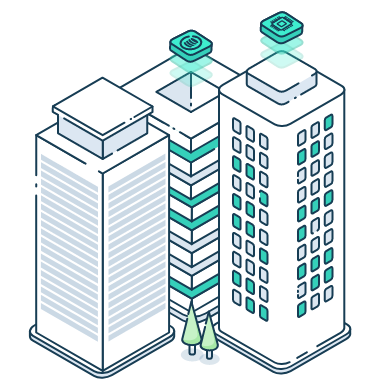
The new version of Crossplane has the ability to ignore certain changes that external systems may be making to the resources managed by Crossplane.
According to the maintainers, in certain situations, it can be beneficial to delegate control of specific resource values to another system. A common example is using a cluster autoscaler that adjusts the size of a provisioned cluster based on its load and demand.
Initially, Crossplane may have set up the cluster and its node pool, but now the control of the node countis handed over to the autoscaler, allowing it to make changes over time. Instead of conflicting with the autoscaler, Crossplane can now “ignore the changes” made by the autoscaler, facilitating smooth cooperation in managing the cluster.
This “ignore changes” feature is an enhancement of Crossplane’s managed resource ManagementPolicies. As the API continues to stabilize in the v1.14 timeframe, it is expected to mature to the Beta level soon.
Additionally, a new end-to-end test framework has been implemented to ensure the quality of code and features in the project.
Now, with every pull request and change to the main branch, a comprehensive set of high-level scenario tests will be executed throughout the code base. This provides extra assurance that the functionality continues to work as intended and is free from any regressions or unintended issues. By combining this new testing framework with a culture of developers creating robust test coverage, the project’s quality standards have been significantly elevated, reinforcing the overall confidence in the reliability of Crossplane.
Additional new features include maturing composition functions and provider families bringing relief to clusters.
Crossplane stated that its next quarterly release for Crossplane is scheduled for late October.








